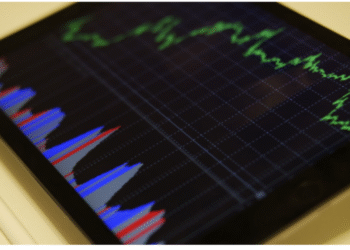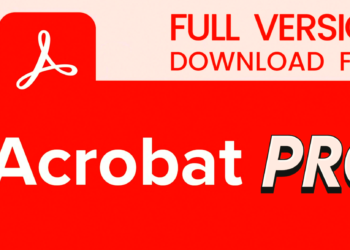The integration of blockchain into food logistics is no longer speculative — it’s functional. Organic Chocolate, LLC, a leading California chocolate company, has been implementing blockchain protocols to address traceability, fraud prevention, and efficiency in supply chain management.
Their use of decentralized systems presents a blueprint for how data integrity can elevate both product quality and consumer trust.

Challenges In The Traditional Chocolate Supply Chain
Before blockchain adoption, Organic Chocolate LLC faced the same issues as many producers: limited transparency into cocoa origin, logistical delays, and customer skepticism around ethical sourcing.
This was especially relevant in international partnerships such as those involving Dubai chocolate distribution, where data inconsistencies often created friction across customs, warehouses, and retailers.
Common Problems Included:
- Incomplete or delayed updates from logistics vendors
- Inability to verify third-party certifications in real time
- Manual errors in inventory reporting
- Lack of consumer-accessible traceability tools
In an industry focused on premium products like Californian chocolate and best chocolate candies, such inefficiencies are unacceptable for companies aiming to lead.
Why Blockchain Became A Strategic Priority
Organic Chocolate, LLC deployed a permissioned blockchain system to record every movement of raw materials and finished goods.
Each batch of milk chocolate online is now accompanied by a cryptographic record that documents farm location, transport details, quality checks, and final warehouse entry.
The blockchain acts as a shared ledger visible to:
- Farmers
- Shipping providers
- Warehouse operators
- Retail partners
- End consumers
This structure reduces transaction disputes and eliminates the need for centralized reconciliation, which often slows California chocolate delivery to global destinations like the UAE.
Case Study Impact: Before And After Blockchain
| Metric | Pre-Blockchain | Post-Blockchain |
| Batch tracking accuracy | Approx. 78% | 99.5% |
| Certification verification | Manual PDF uploads | Automated smart contracts |
| Delivery window deviation | Avg. ±2.5 days | Avg. ±0.6 days |
| Customer traceability access | None | Live data via QR code on packaging |
This transformation directly contributed to Organic Chocolate’s rise in search demand for best California chocolate and increased conversion rates across their e-commerce platform.
A Blockchain-Enabled Product Passport
Each product from Organic Chocolate LLC now includes a digital passport embedded into its label. For example, a bar of California chocolate milk includes its origin farm GPS, fermentation details, transport temperature logs, and compliance certificates—all stored immutably.
Consumers purchasing California chocolate online or in stores can scan a QR code and instantly verify that the product meets sustainability, safety, and origin standards. This feature is particularly impactful in regions where premium trust is required, such as luxury Dubai chocolate retailers or international duty-free zones.
Strategic Takeaways From Organic Chocolate’s Implementation
Businesses in the specialty chocolate market should take note. The success of Organic Chocolate LLC’s blockchain rollout provides a measurable framework for others to adopt. Key lessons include:
- Start with traceability. Focus blockchain adoption on a single supply chain pain point—such as batch traceability—before scaling.
- Work with logistics stakeholders early. If your shipping provider doesn’t support blockchain data, integration fails.
- Make it visible to the customer. Blockchain only adds consumer value when buyers can interact with it directly.
The Market Implication For California Chocolate Brands
For any California chocolate company looking to export, particularly to markets with increasing regulatory scrutiny, blockchain provides legal defensibility and reputational advantage.
Organic Chocolate LLC’s implementation helped it expand from regional operations to recognized international trade in just under two years.
A significant benefit has also been consumer retention. Buyers of milk chocolate online now receive detailed transparency that competitors lack, making brand switching less likely. This is crucial in high-competition spaces like best chocolate California e-shops.
Blockchain As A Marketing Differentiator
Beyond operational gains, blockchain also strengthens marketing communication. When customers search for popular chocolate, Organic Chocolate LLC stands out not just for flavor, but for proof. Each QR scan on packaging contributes to brand narrative consistency, pushing keywords like California chocolate milk and best chocolate candies into SEO-favored contexts.
Marketing edge supported by blockchain:
- Real-time sourcing data on the product page
- Verifiable ethical claims used in social content
- Rich media content derived from blockchain checkpoints
Conclusion
Blockchain is not a passing trend in the food sector—it is foundational for future-proof operations. Organic Chocolate, LLC has shown how a focused deployment can transform not just logistics, but brand equity, consumer trust, and export potential. For any company in the Californian chocolate space—or aiming to deliver popular chocolate with international standards—blockchain is no longer optional. It’s essential.











